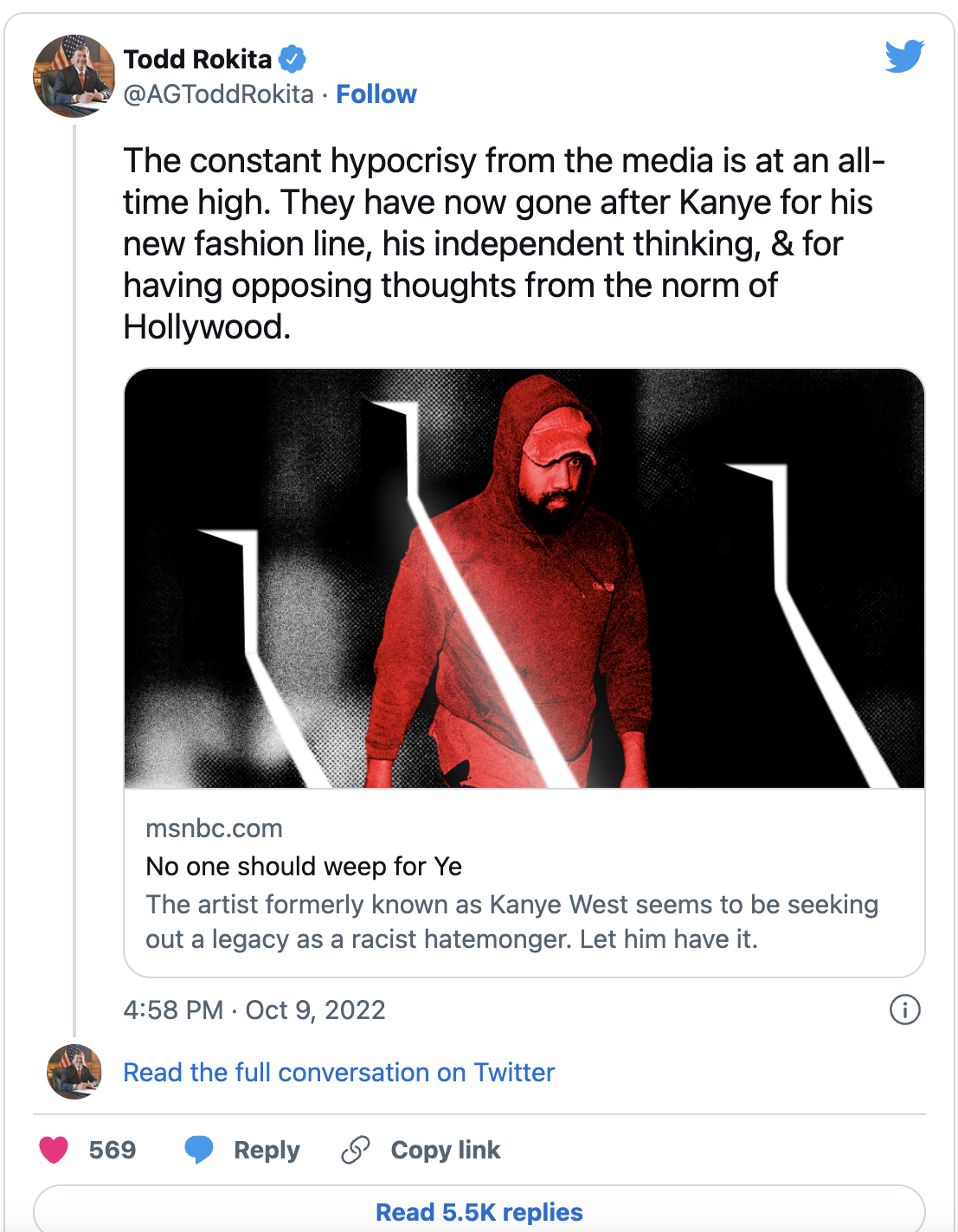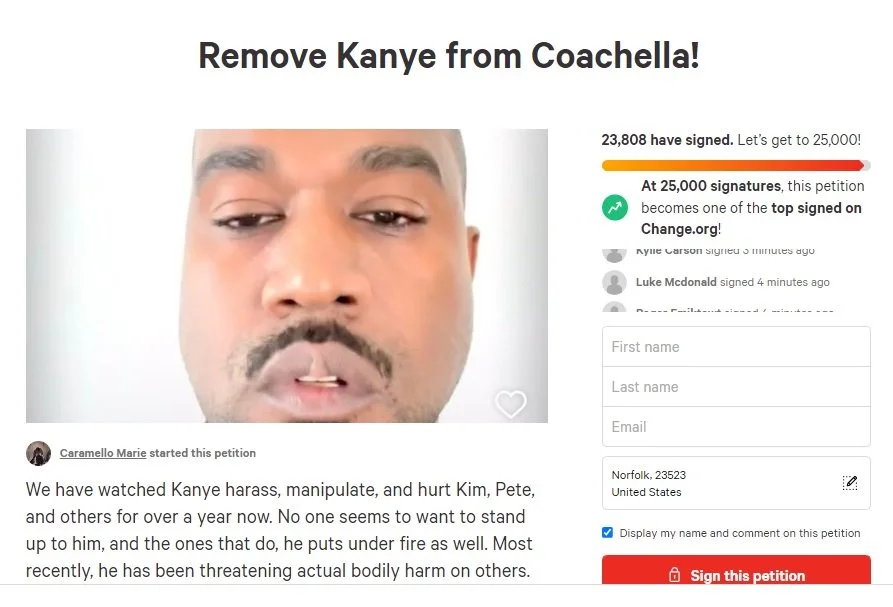Greenville, NC Trump Voters Brand Me A Socialist; As Workers They Loved My Money In The 80s
/Photo by Kayla Velasquez on Unsplash
Greenville Wasn’t Always Prosperous
Unlike most progressives, I've been to Greenville, NC. In fact, I've been there at least 25 times. As a small business owner, I pumped a minimum of $25 million into the Greenville, NC manuf economy.
Older Trump supporters in Greenville can brand me as an elite socialist, but I'll bet large numbers of these same Trump voters were happy to have my $$$ support back in the 80s.
The behavior I witnessed by Trump supporters in Greenville this week was horrifying and unAmerican from my perspective. This Politico article says Trump supporters wanted to go much further in Greenville with their chants. See their t-shirts in this Politico article.
All I can tell you, Greenville, is that this capitalist (tomatoes fly stage left from the Bernie crowd) stood with you when Greenville wasn't so prosperous. There was no BMW plant in those days. I could have taken my business off-shore, but did not. My principles dictated that I pay higher prices and support American workers.
Those workers were you, Greenville. They were your grandmothers working hard for your future, although many of these older white Trump women were probably in the sewing plants as young women decades ago.
Photo by annie bolin on Unsplash
This Snowflake Put Food On Your Table
So how do you thank me, Greenville? The woman who put food on your table? By trashing me -- calling me a snowflake, politically correct, a socialist, a communist and unAmerican. This is how you repay me and my ideas, core values that supported you directly when you were desperate for that support years ago.
Democrats do a pitiful job celebrating the job creators, especially the small business owners whether she's running a hair salon or a larger business like mine. Well I'm one of those job creators, and while I'll take the jabs and insults from the Democratic party and Berners, I will not take it from Republicans.
The price of being a Republican business owner is way, way, way too high.
I would have to face myself in the mirror -- hearing the chants of "send her back", "love it or leave it" and much worse from a frightening, Greenville crowd. There are some things in life more important than money. MY VALUES, which are in direct conflict with Trump voters' values in Greenville, are worth way more than money and Republican tax cuts. This Democrat is not for sale.
I have to sleep at night. It surprises me, Greenville, that you don't have bad dreams after the show you put on this past week. Frankly, your actions were DEPLORABLE! If that sounds like I'm judging you, I AM, Greenville.
What you want for America and what I want are two very different Americas. And don't hand me your prosperity gospel bs.
I row in the old-fashioned, what would Jesus do boat. Jesus would be appalled at what he witnessed in Greenville, NC this week. And he would be very, very sad. I'll let Jesus have the last word as my heart weeps over this week's horror show in Greenville, NC. ~ Anne




























![Kanye West's [aka Ye] Refusal to Treat His Mental Illness Is No Excuse For His Anti-Semitism](https://images.squarespace-cdn.com/content/v1/55f45174e4b0fb5d95b07f39/1666238183530-4WVG9SNG88HTSKQ0WWDV/Is+Kanye-West-Running-Out-of-Platforms.png)








